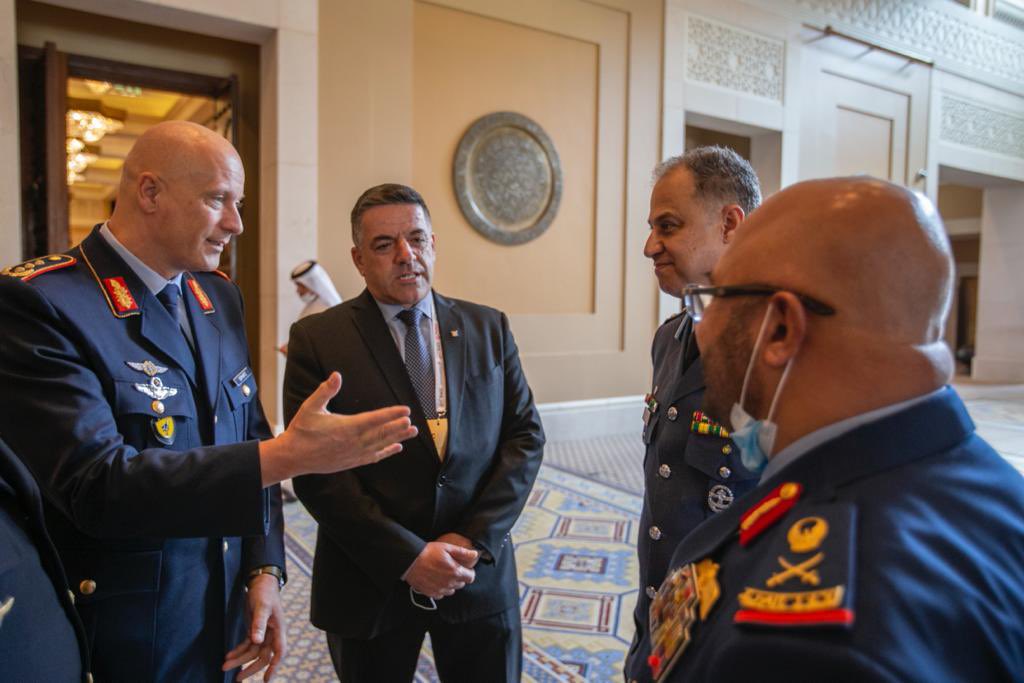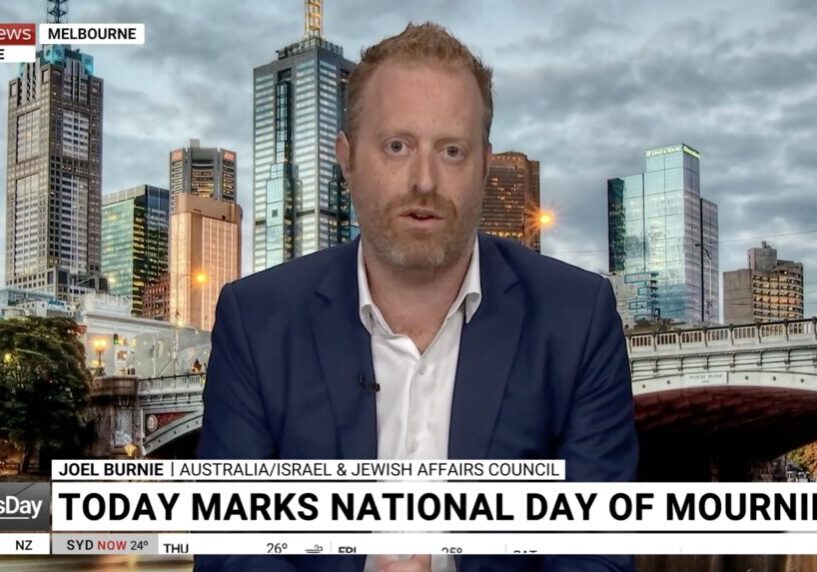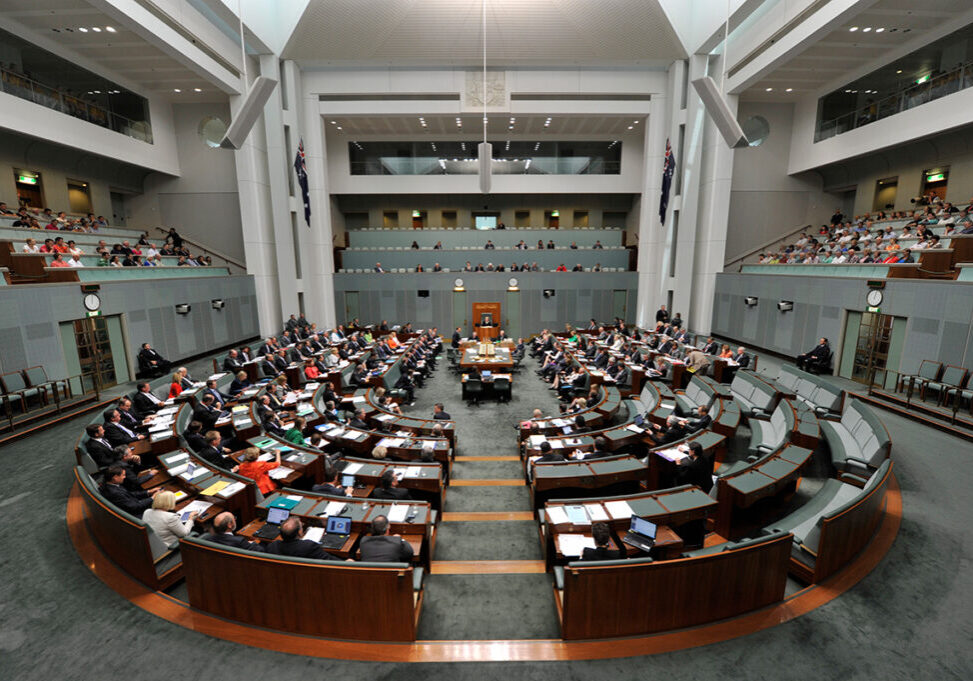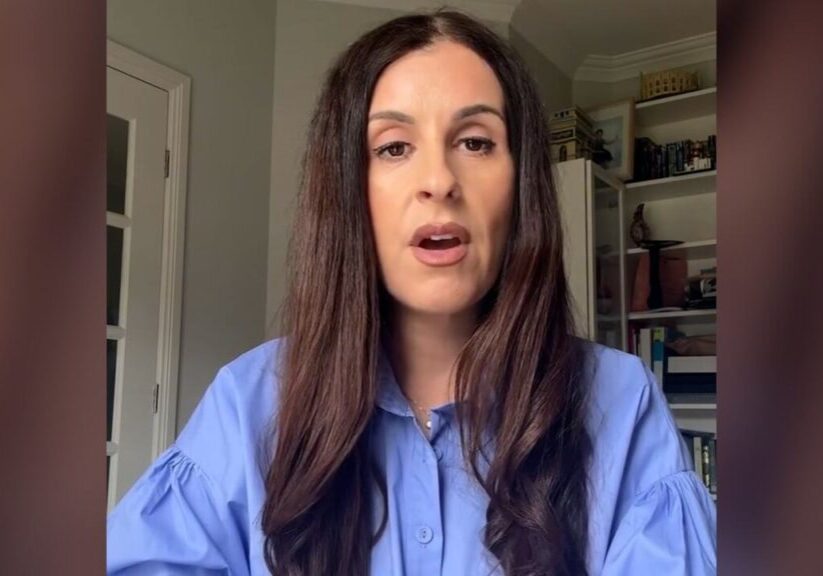Australia/Israel Review, Featured
Editorial: A new Mid-East defence network
Nov 22, 2021 | Colin Rubenstein

As the US diplomatic effort to prevent Iran from developing nuclear weapons capability continues to be met with stalling tactics from Teheran, a new regional defensive alignment is coming into focus, with Israel at its epicentre. The new era of cooperation ushered in by last year’s Abraham Accords normalisation agreements between Israel and the United Arab Emirates and Bahrain, later joined by Morocco and Sudan, is today increasingly looking like something approaching a genuine defensive alliance.
The realignment is the product of a transformative process that has taken place over the course of many years – discreetly at first, then openly after the Abraham Accords. Moderate Sunni Arab Muslim countries have had to rethink their security arrangements to counter radical Shi’ite Iran’s conventional and, potentially, nuclear threats – especially as uncertainty has developed about the US role in the region following troubling and even chaotic troop withdrawals and a sustained trend in Washington toward reducing foreign policy commitments.
Despite past rancour, Israel’s reputation as an economically and politically stable, secure and dependable ally, and a world-leading innovator in defence-related technologies, made it an obvious actor to look to for security assistance for worried Arab leaders.
One yardstick of Israel’s new role has been the military exercises it has been conducting with other countries. These exercises have reached new heights not only in the frequency and significance of the manoeuvres, but in terms of the array of countries that are lining up to train with the IDF. These include several Arab countries – in a way that would have been unthinkable just a few years ago – as well as traditionally non-aligned countries like India.
Israel’s biennial Blue Flag aerial joint exercise, held at the end of October, was the largest since these exercises began in 2013. Participating military aircraft joined from France, Germany, Greece, India, Italy, the UK, the US and – unofficially – Jordan. The exercise also included a historic visit from the head of the UAE’s air force, as well as the presence of Australian observers.
Meanwhile, in a first, the US, Israel, the UAE and Bahrain held a five-day joint naval exercise in the Red Sea in mid-November. Manoeuvres included boarding and search and seizure tactics with maritime security in mind. For Iran, which has been frequently attacking and seizing ships in recent years, the message could not have been clearer.
Also in November, seven Israeli defence contractors – most of them state-owned – took part in the Dubai Air Show. A photograph circulated by the German Luftwaffe on Twitter from the event showed the head of the German air force conversing with his Israeli, UAE and Jordanian counterparts. Such a snapshot would have risked causing the end of numerous careers only a few short years ago.
The ground is shifting even with respect to Israel’s near neighbours, Egypt and Jordan, which have long had military ties with Israel’s security forces, but had generally sought to keep these ties utterly secret. In the Sinai, Israeli and Egyptian military discussions that had been traditionally kept low-key are today being held publicly. In addition, October saw the first ever direct flights between Cairo and Tel Aviv on Egypt’s national carrier Egyptair. Since Egypt made peace with Israel in 1979, such flights had been handled by a subsidiary, in unmarked planes, to minimise public signs of “normalisation” with the Jewish state.
Meanwhile, early this year, the US military announced that dealings between the US and Israeli militaries would be transferred to US Central Command (CENTCOM) – a move likely to further facilitate the development of regional defence ties. Until recently, the US military’s European Command had dealt with Israel in deference to US regional allies that refused to recognise Israel. The correction of this historic anomaly is more than symbolic – it should facilitate real coordination between all US allies in the region, including Israel and the moderate Sunni countries.
The paradigm shift that is occurring in the Middle East strategic alignment has implications for Australian defence policy as well.
For instance, with increasing frequency, the Indian military has been joining the UAE and Bahrain in exercises with Israel. While India’s geostrategic positioning has always been complicated, its defence relationship with Israel has never been stronger. Israel is India’s third largest arms supplier, but New Delhi is also developing defence cooperation with the Gulf states that have signed on to the Abraham Accords, taking these relationships to a new, multilateral level.
India appears to have committed to this policy in the long-term with its recent announcement of a joint body with Israel empowered to map out new areas of defence cooperation for the next decade.
India is, of course, also an increasingly important strategic partner for Australia as part of the “Quad” strategic grouping now attempting to preserve stability in South and East Asia in the face of China’s increasingly belligerent behaviour.
Here at home, the Australia-Israel Be’er Sheva Dialogue, which brings together analysts from the Australian Strategic Policy Institute, Israel’s International Institute for Counter-Terrorism, the Begin-Sadat Centre for Strategic Studies and other institutions, as well as government and military representatives from both countries, has been strengthening Israel-Australia defence and security ties since 2015. This dialogue has been responsible for promoting a number of important security-related achievements that have paid mutual dividends for both countries, and yet is only in the early stages of realising its full potential.
In the age of the Abraham Accords, Israel’s enhanced defence role in the Middle East offers an additional dimension for Australia to engage in multinational defence cooperation with both the Jewish state and its new Arab partners in exciting and unprecedented ways. The opportunities have never been greater for defence dialogue and cooperation, which can assist these increasingly aligned countries to help each other address the strategic issues, threats and challenges they are grappling with, from the Suez Canal to the South China Sea.
Tags: Abraham Accords, Australia, IDF, Israel, Middle East, UAE






